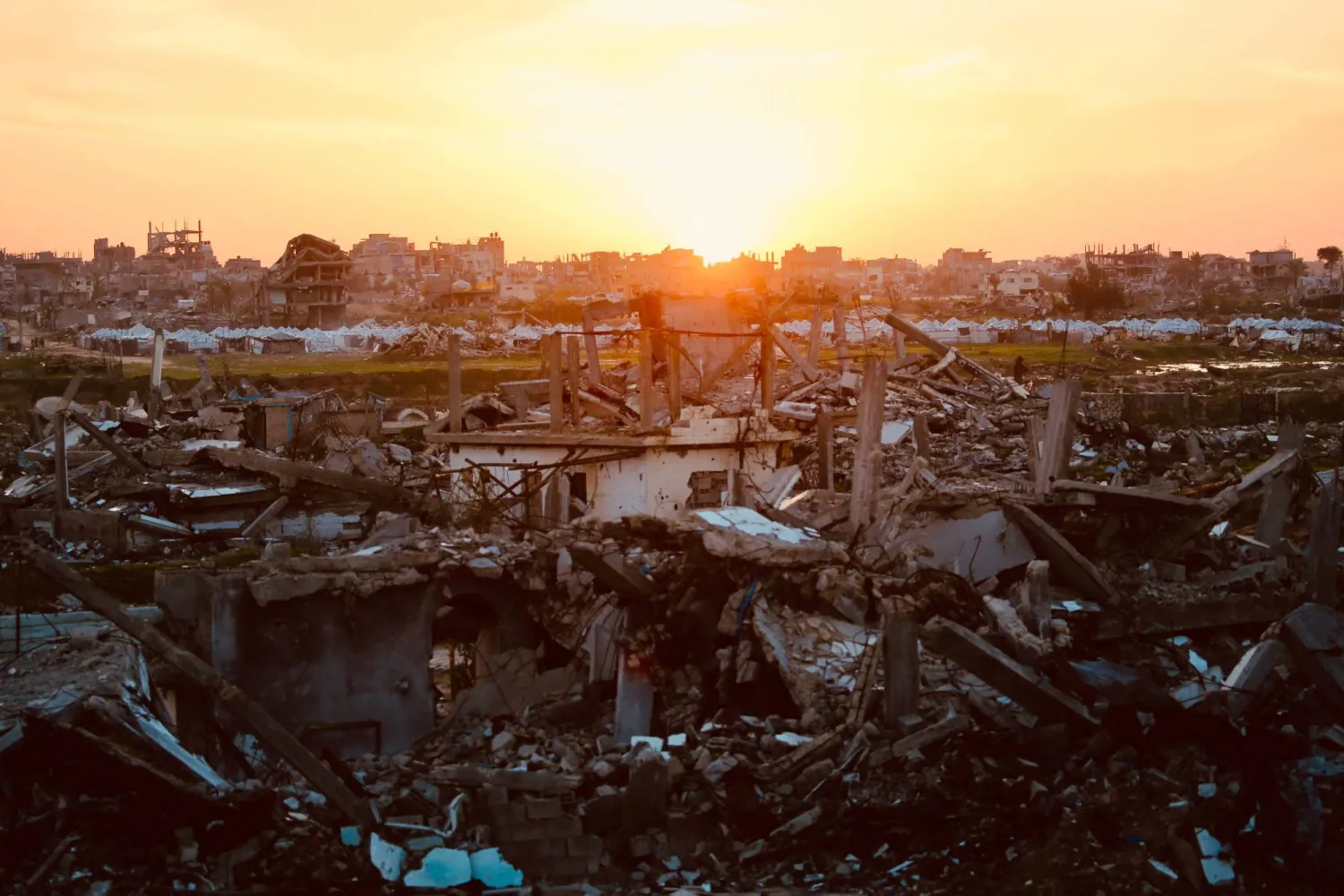A group of settler leaders, headed by the chief Ashkenazi rabbi, David Lau, toured the Homesh settlement, declaring their determination to rebuild the region, despite US warnings, the position of High Court of Justice in West Jerusalem, and the law that prohibits their entry to the area.
The Homesh settlement is one of four evacuated according to a 2005 law established under Ariel Sharon's government and part of the withdrawal from the Gaza Strip and northern West Bank.
According to the law, the sites became closed military areas banned for entry and residence. But Ehud Olmert's government did not demolish the houses at the time. His government did, however, demolish all settlements and houses in the Gaza settlements.
The settlers wanted to return to the Homesh buildings and kept revisiting the region, aiming to relocate there. They also established a religious school there.
However, entry to the area is illegal. An indictment was filed against Rabbi Elisha Cohen, the prominent cleric in the settlement because he visited it after its evacuation.
The settlement is located in an isolated area between Nablus and Jenin.
On Thursday, Cohen toured the area with Lau and other settler leaders, stressing that the government of Benjamin Netanyahu "pledged to the allies" to amend the disengagement law from Gaza and rebuild the four settlements, including Homesh.
US President Joe Biden's administration expressed opposition to building new settlements in the West Bank, in general, and in Homesh, in particular.
State Department spokesman Ned Price asserted that the Homesh outpost in the West Bank is illegal.
“It is illegal to even under Israeli law. Our call to refrain from unilateral steps certainly includes any decision to create a new settlement, to legalize outposts, or allow the building of any kind deep in the West Bank adjacent to Palestinian communities or on private Palestinian land,” Price asserted.
At the same time, the Israeli Supreme Court of Justice discussed the issue. The judges asked the government to explain the reason for not evacuating the settlement so far, despite the law confirming its illegality.
The government said it was looking forward to changing official policy toward Homesh in line with the coalition agreement that called for licensing an illegal yeshiva at the site and rebuilding the settlement.
The Court responded with an order instructing the government to answer within 90 days as to why the outpost has not been cleared.









